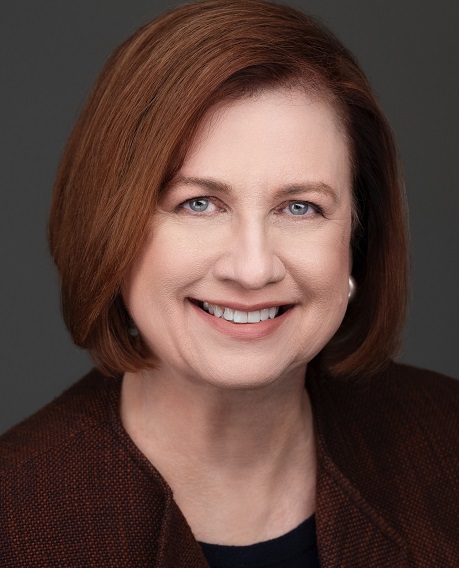Ann Ryan Robertson FCIArb
Why have you decided to specialise in ADR? What attracted you to this area of law?
I was first attracted to international arbitration when a client and insurer entered into a high-low agreement on the issue of coverage. The client and insurer also agreed to arbitrate the coverage dispute and the agreement was drawn up on the back of a napkin as the client representative and insurer negotiated over drinks in a bar. It was my first time to be involved in an international arbitration. I was fascinated by the fact that three arbitrators (male, pale but not stale) were charged with making a multimillion dollar decision after hearing evidence in a closed room. Equally fascinating was the fact that the parties were willing to abide by that decision without the intervention of the courts.
What do you consider as the biggest challenge for the ADR in the future?
There have been many criticisms levelled at arbitration in the past few years, with perhaps the leading ones focusing on lack of transparence and lack of diversity. But I think there are other challenges ahead, as evidenced by the startling impact the coronavirus is having on commerce. With the expansion of global trade, we have lived in a very mobile society, freely entering and leaving foreign countries. That mobility has the potential of being curtailed. With the curtailment of mobility, one of the challenges will become how to conduct arbitrations when the participants are far-flung and unable to travel. We have already observed the Vis Moot East instituting a virtual moot in an attempt to address this challenge.
Are there any interesting developments in the field of ADR in the jurisdiction you are based in?
Currently pending before the United States Supreme Court and being closely watched by international arbitration practitioners is the case of GE Energy Power Conversion France SAS, Corp., fka Converteam SAS v. Outokumpu Stainless USA, LLC. Resolution of this case has far reaching implications for international business. At issue is whether a non-signatory to a contract can compel a party to arbitrate based on the theory of equitable estoppel. There is extensive case law in the United States in the domestic context concerning the enforcement of agreements to arbitrate by and against non-signatories based on the principles of assumption, assignment, piercing the corporate veil, alter ego, incorporation by reference, third party beneficiary, waiver and estoppel. The Eleventh Circuit Court of Appeals, took the view that the New York Convention requires that the agreement to arbitrate “be signed by the parties.” Many amici have been filed in support of the petitioner, including one by the North America Branch of the CIArb.
If you had a time machine, what piece of advice would you give to yourself at the beginning of your career in ADR?
I came to the field of international arbitration later than most. If I had one piece of advice I would give myself, it would be to start focusing earlier on building a career in international arbitration.
How has a membership with the Chartered Institute of Arbitrators benefitted your career?
CIArb membership has benefitted my career enormously. From the inception, membership put me in contact with extremely knowledgeable individuals who were willing to share their time and their expertise to assist me in developing my own expertise. With CIArb’s global network, no matter where I go in the world, there are other members to meet and CIArb events to attend. And, the CIArb Guidelines have proved invaluable.
Tell us about your interests, hobbies or any out of work activities.
For the past 18 years, I have coached the University of Houston Law Center’s Vis Moot team. It is an extremely rewarding endeavor to observe firsthand the progress the students make in the course of six months -- from their initial introduction to the field of international arbitration, to their bewilderment at learning the CISG (and its lack of a parol evidence rule), to their first poorly delivered oral argument, to their final polished advocacy. Whether the students choose to pursue a career in international arbitration or not, they have expanded their legal knowledge, honed their oral skills and made friends from across the globe. I am often asked why I have coached for 18 years and the answer is – being the coach of the University of Houston’s Vis Moot team has greatly enriched my life, both personally and professionally.
Ann Ryan Robertson FCIArb is an International Partner with the firm of Locke Lord LLP. Currently Deputy President of the CIArb, she will assume the role of President in 2021.
